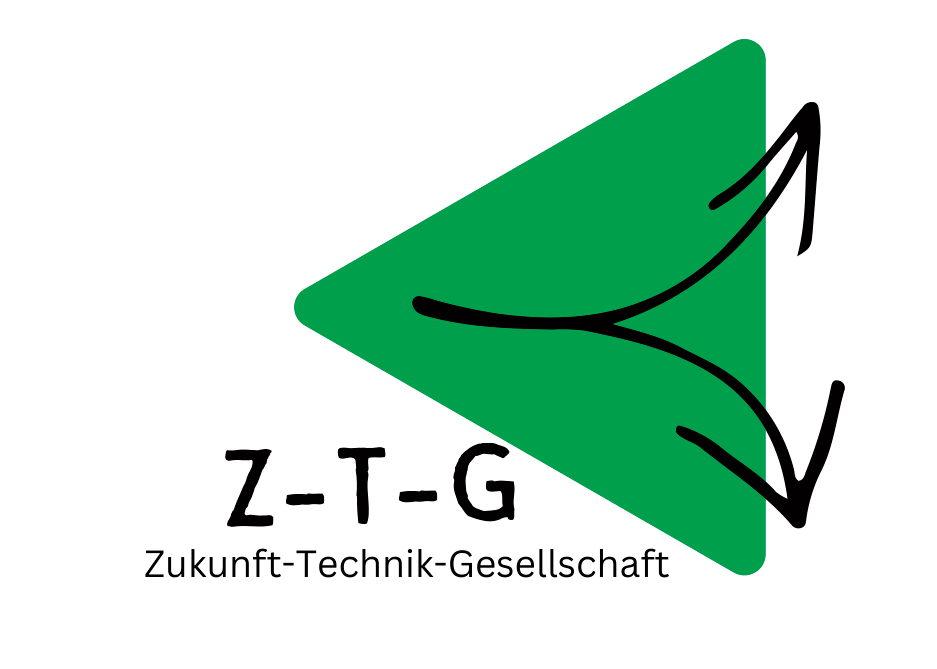Social Cost Analysis
Social cost analysis is a method used to evaluate the overall impact of an activity or service on society, considering both the direct and indirect costs associated with it. For example, in the context of transportation, a social cost analysis for transport involves assessing not only the monetary expenses directly incurred by individuals or entities involved in transportation (e.g. purchase of car, or bus ticket) but also the broader societal costs. This encompasses factors such as resource consumption, workforce requirements, travel time, and external impacts (e.g. air pollution, noise, accidents) on third parties or the public. Essentially, it provides a comprehensive perspective on the true costs of the activity or service to society as a whole, beyond immediate financial considerations.
More information on the method and its application in the transport sector can be found here:
- Coase, R.H., 1960. The problem of social cost. J. Law Econ. III, 1–44. doi: 10.1086/466560.
- Boardman, A.E., Greenberg, D.H., Vining, A.R., Weimer, D.L., 2018. Cost-Benefits Analysis: Concepts and practices. doi: 10.4324/9781315387420-4.
- Maier, R., Posch, A., Proß, C., Plakolb, S., Steininger, K.W., 2023. Cutting social costs by decarbonizing passenger transport. Transp. Res. Part D Transp. Environ. 122. doi: 10.1016/j.trd.2023.103878.
A regional social cost analysis of passenger transportation is applied in Z-T-G 001 Mobility Paths based on pathways derived in a Future Workshop.


